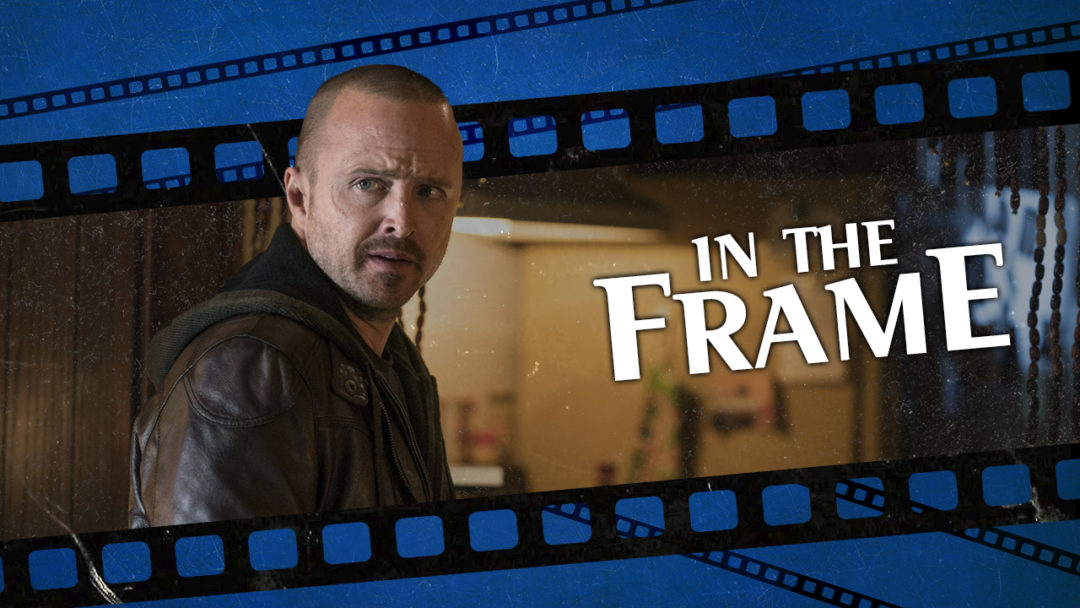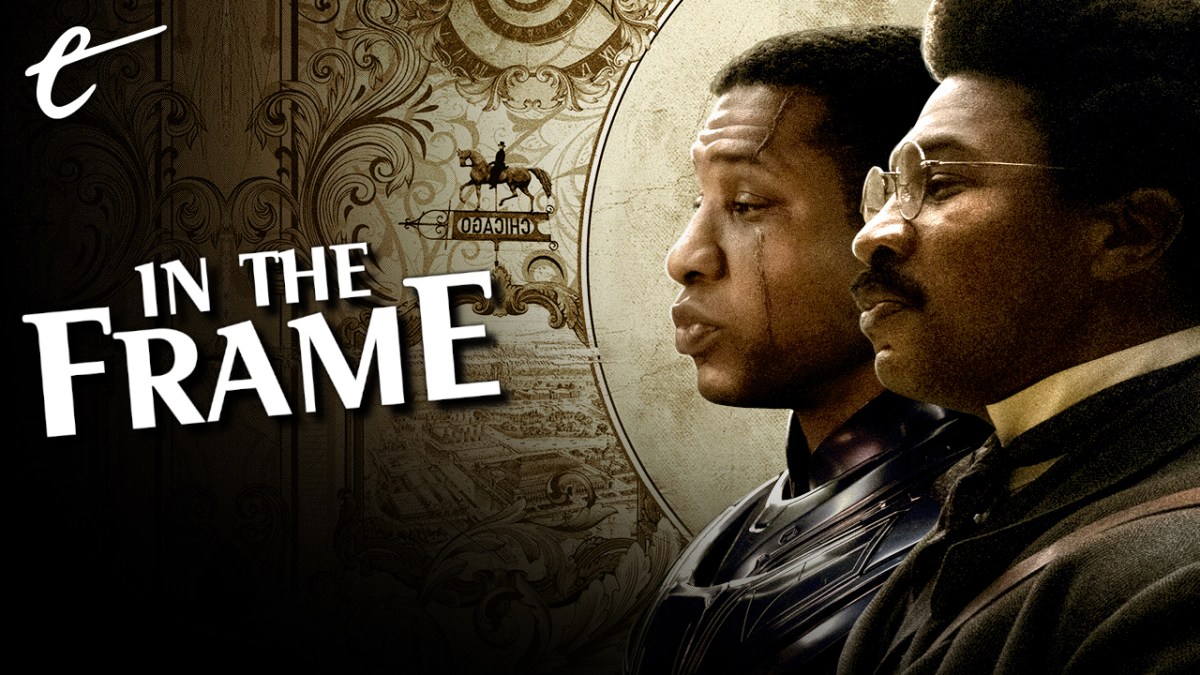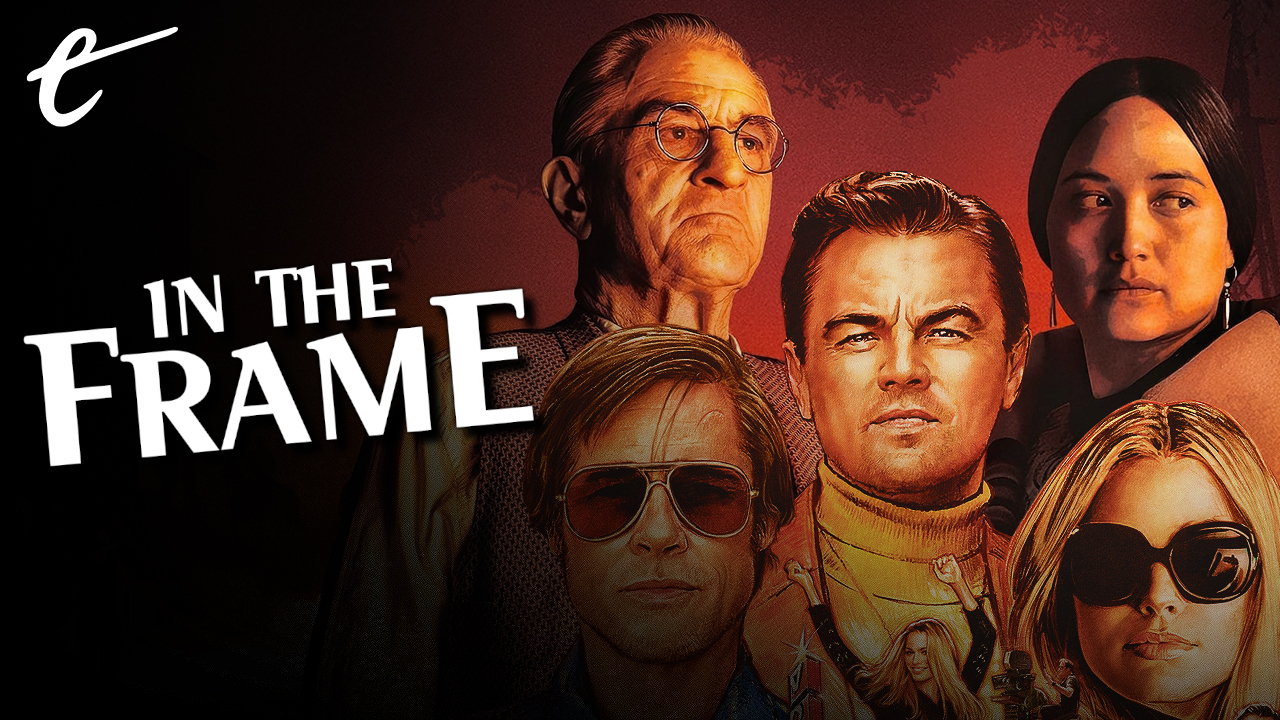El Camino: A Breaking Bad Movie and Deadwood: The Movie illustrate the current state of television. Both are codas to shows that ended years ago. Breaking Bad ran from 2008 through to 2013, and the six years between the finale and El Camino are particularly visible in the appearances of cast members like Jesse Plemons or the late Robert Forster. Deadwood ran from 2004 to 2006, and in the 13 years fans waited for the closure the movie brought, actor Powers Boothe passed away.
It’s surprising that these cinematic postscripts arrived at all. The history of television is marked by series that ended on unresolved cliffhangers like the mysterious future baby from Lois & Clark: The New Adventures of Superman, the title characters’ trip through time on Mork & Mindy, and the accidental shooting of a regular cast member on Southland. Even shows that didn’t explicitly end on a cliffhanger often fizzled out. The characters apparently never got off Gilligan’s Island (not until TV movie sequels, at least), while Hannibal and the gang never cleared their name in The A-Team.
The idea of a television show offering closure instead of just stopping is relatively novel. Many television historians point to the last episode of The Fugitive in August 1967 as the first proper television finale. Particularly satisfactory endings were previously so rare in television because of how it was produced during the 20th century.

Television was long seen as an inherently disposable product meant to be made fast. Before the emergence of home media, the only way for a series to have a meaningful shelf life was to make it into syndication. For many broadcasters, the ideal syndicated television show could be broadcast in any order, with the last-produced episode mixed in among installments from earlier seasons.
Shows were renewed as long as they were successful and cancelled as soon as they weren’t. This process meant that a television show was rarely allowed to end on a high note. More often than not, a once-popular television series would limp through a lackluster or disappointing season (or seasons) before ending, a far cry from Breaking Bad and El Camino.
Television changed in the 21st century, with the emergence of smaller cable networks and streaming services. The economics of cancellation are radically different today than they once were due to the fractured nature of the viewing experience. The shift has had a dramatic impact on how television is made and consumed. Television writers are more likely to be considered “auteurs.” Episodes are less likely to be interrupted by commercial breaks. Seasons are typically shorter than they were in the 20th century. Individual episodes are no longer rigidly defined by a predetermined runtime. Even cancellation is no longer a terminal state since popular shows like Brooklyn 99 or The Expanse can be revived if they have a strong-enough audience base.

Perhaps the shift from syndication to streaming has simply adjusted the goalposts. Older television series aspired to hit 100 episodes to make it into syndication. Modern streaming services have calculated that most of their shows cease to add value after 30 episodes. Modern television shows might have the luxury of gap years and off seasons, but they still adhere to a relatively tight production schedule.
Game of Thrones might have taken an extended gap between its later seasons, but it still had to deliver a conclusion to its story within the constraints of modern television. George R.R. Martin had the luxury of waiting years between installments of A Song of Ice and Fire in order to properly massage all his plot threads and character arcs, while producers David Benioff and D. B. Weiss had to deal with a cast and crew that were both getting older and yearning to move on to other projects.
A large part of fandom’s frustration with the final seasons of Game of Thrones came from the fact that Benioff and Weiss were forced to hit all of Martin’s plot beats without the luxury of time to map them out. Martin has been wrestling with that story for over 28 years and has yet to produce an ending. Benioff and Weiss had to both start and conclude a story within eight years.

El Camino: A Breaking Bad Movie and Deadwood: The Movie are not cinematic adaptations in the style of Star Trek: The Motion Picture or Naked Gun: From the Files of Police Squad! Both projects serve as capstones on their source material, rather than pushing it into another medium. They also have a luxury that their source material never had: time and distance. Breaking Bad has one of the most acclaimed and celebrated endings in television history, but it was largely improvised. Creator Vince Gilligan has conceded that the writing staff had no idea what Walt was planning to do with the M60 machine gun when they wrote it into the final season premiere. Gilligan said his plan amounted to, “We’ll figure it out.”
El Camino and Deadwood: The Movie exist separate from the churn of week-to-week television production, and their writers understand that time is an important aspect of closure. The final season of Breaking Bad sublimated Jesse’s journey to Walt’s redemptive arc, so El Camino finally allows Jesse his own story. Deadwood ended on a bleak cliffhanger, but Deadwood: The Movie offers a gentler and mellower celebration.
El Camino and Deadwood: The Movie suggest the power of a distant finale, the weight of a conclusion borne of reflection, introspection, and consideration that is not always possible on a conventional television schedule. They demonstrate how elastic the concept of television has become, and how that can make these stories even more powerful.





